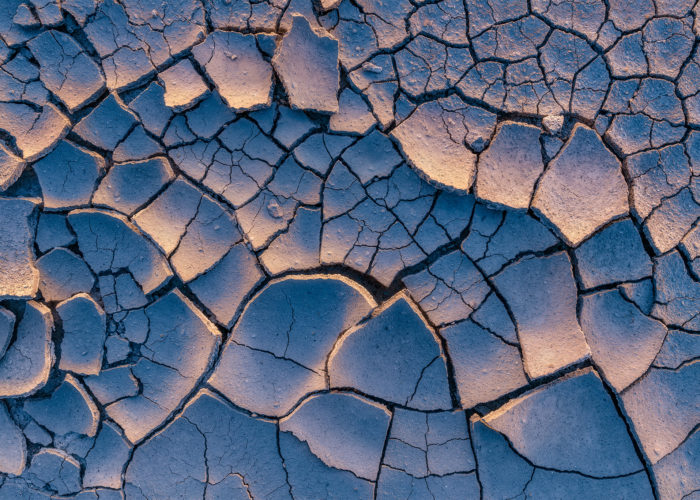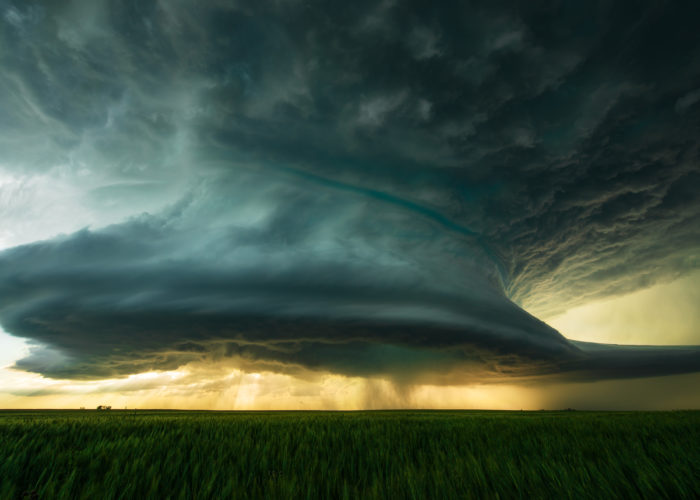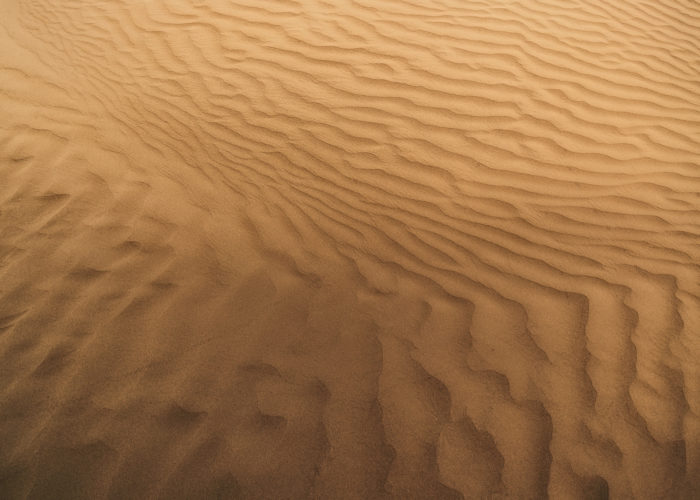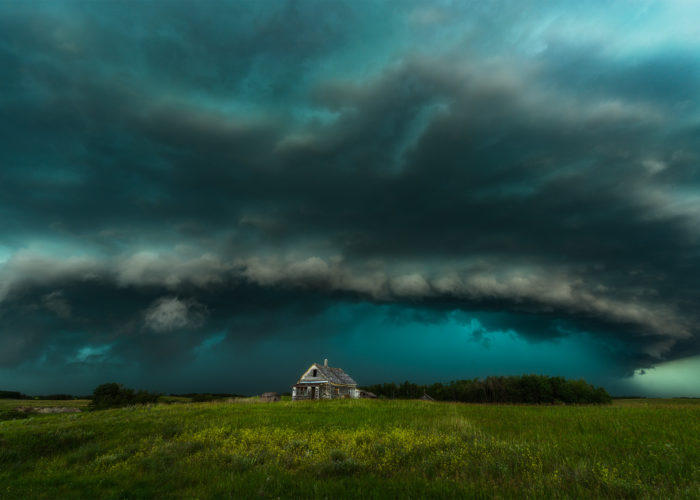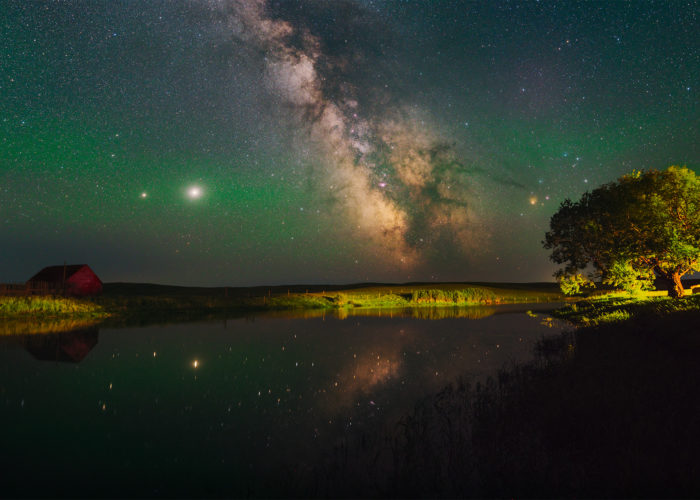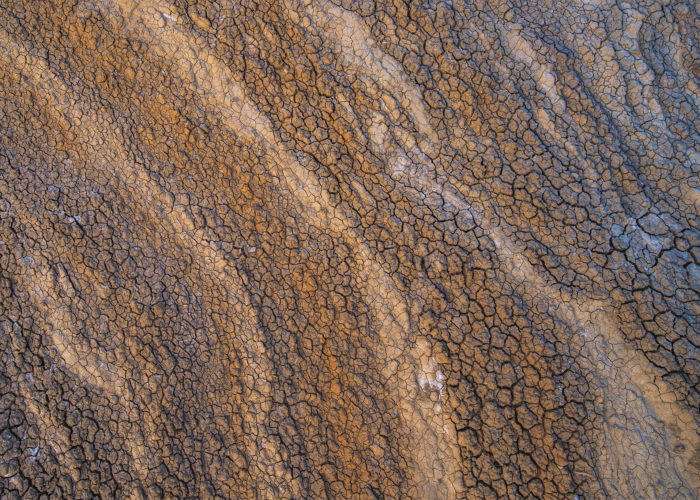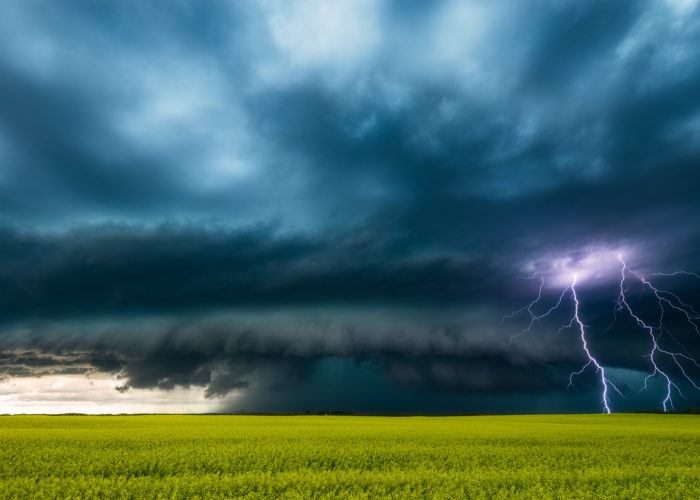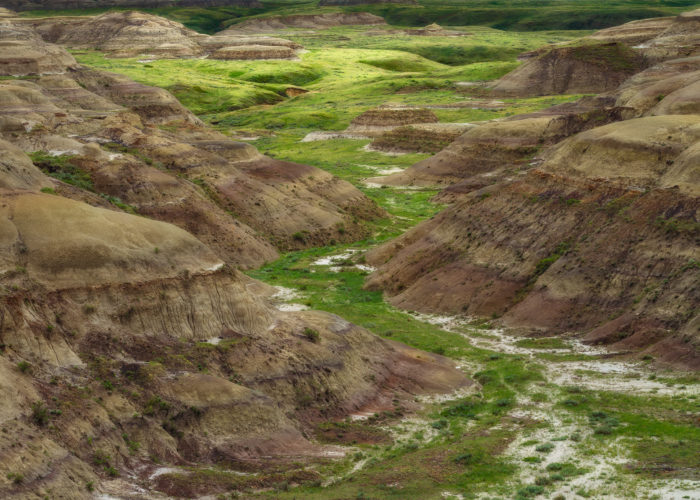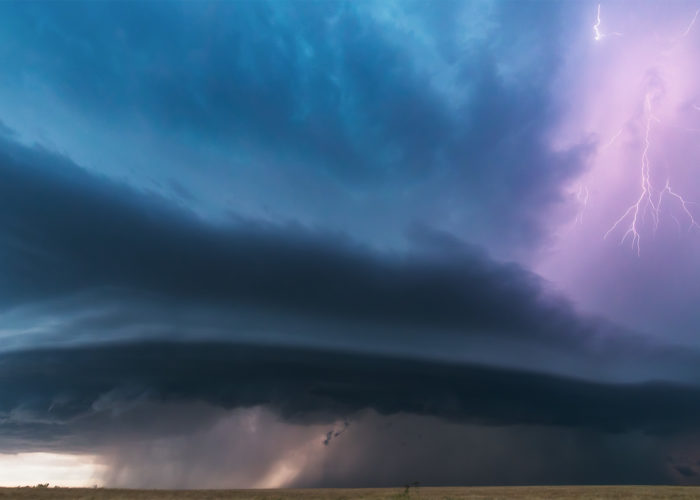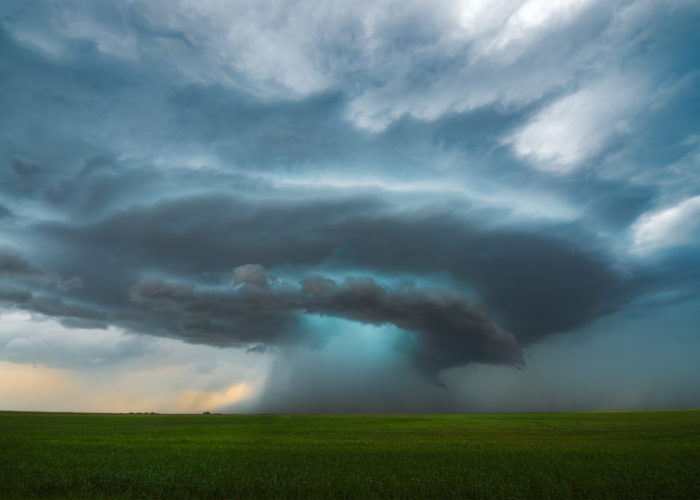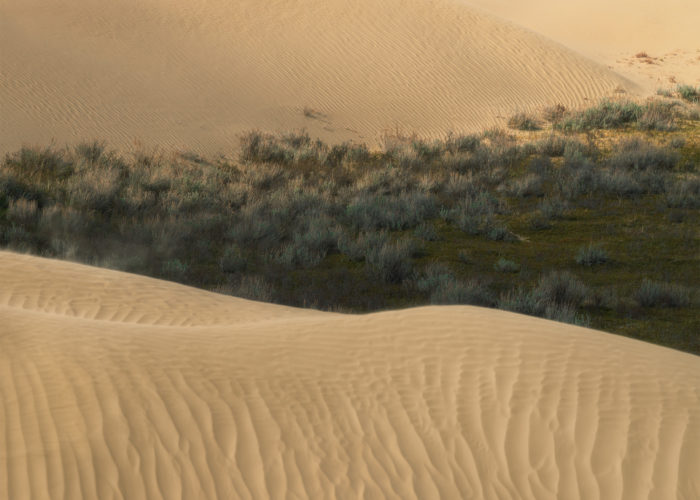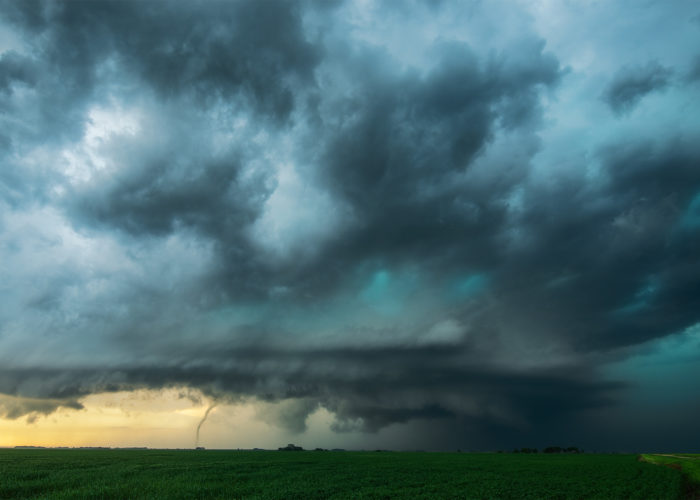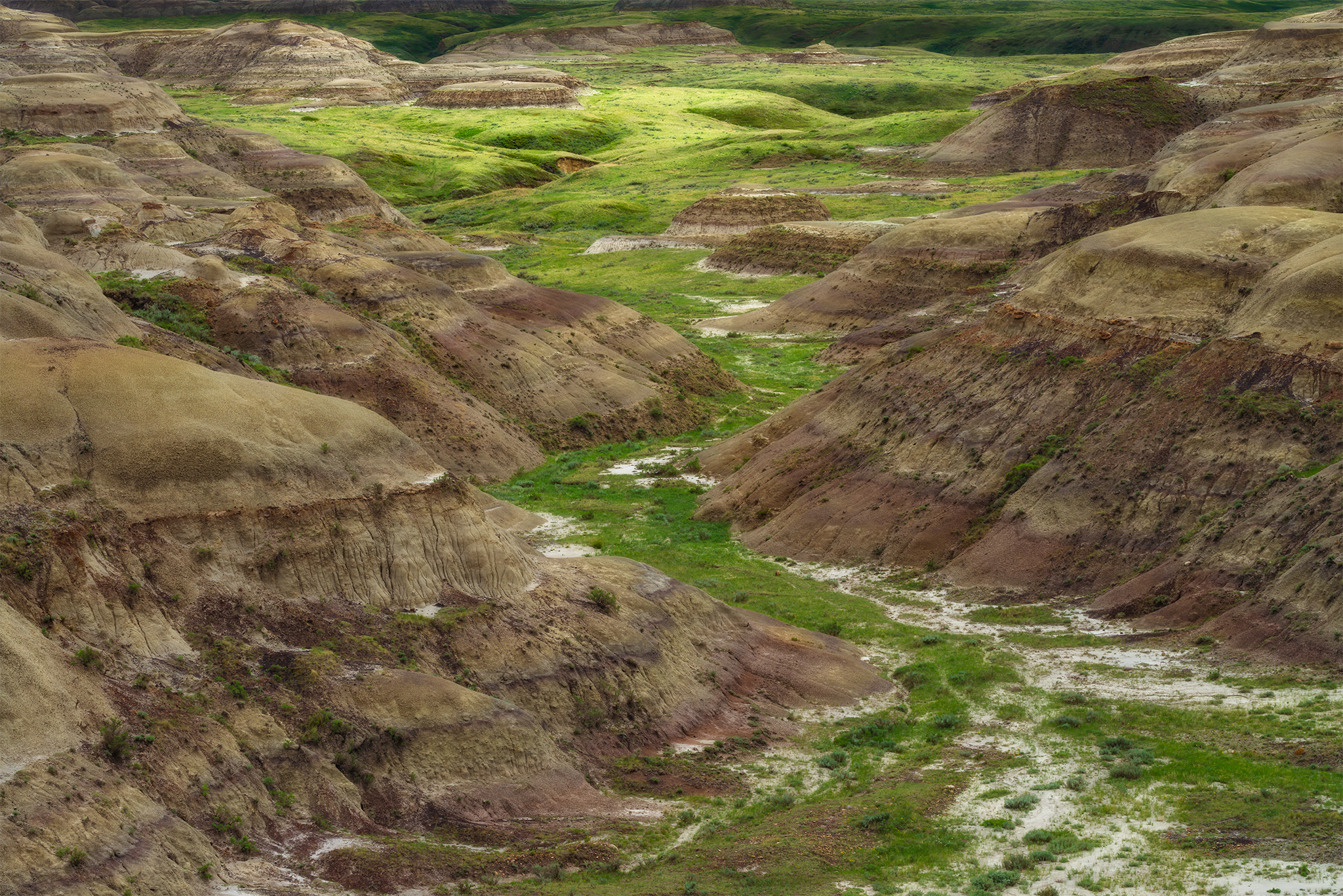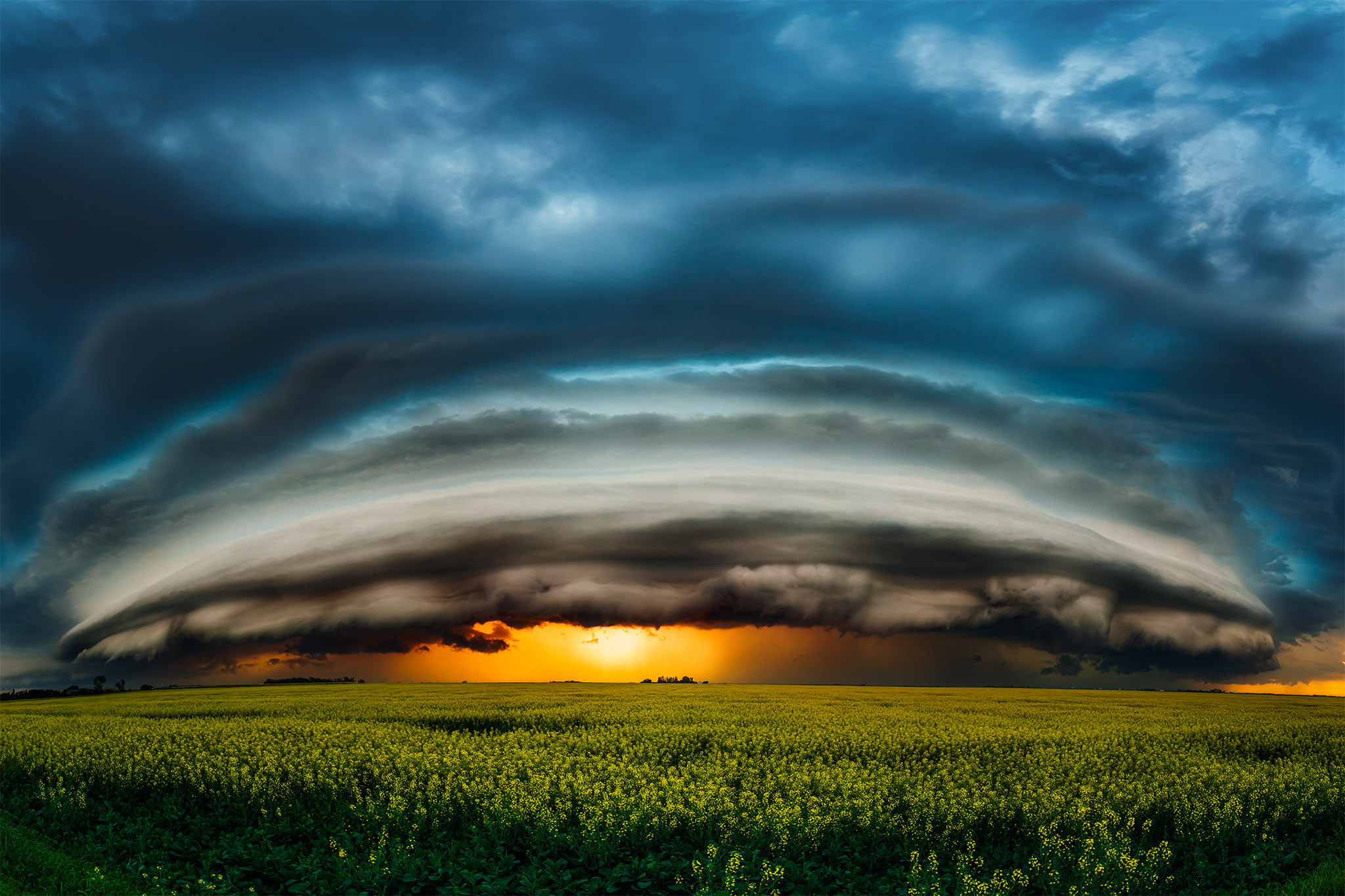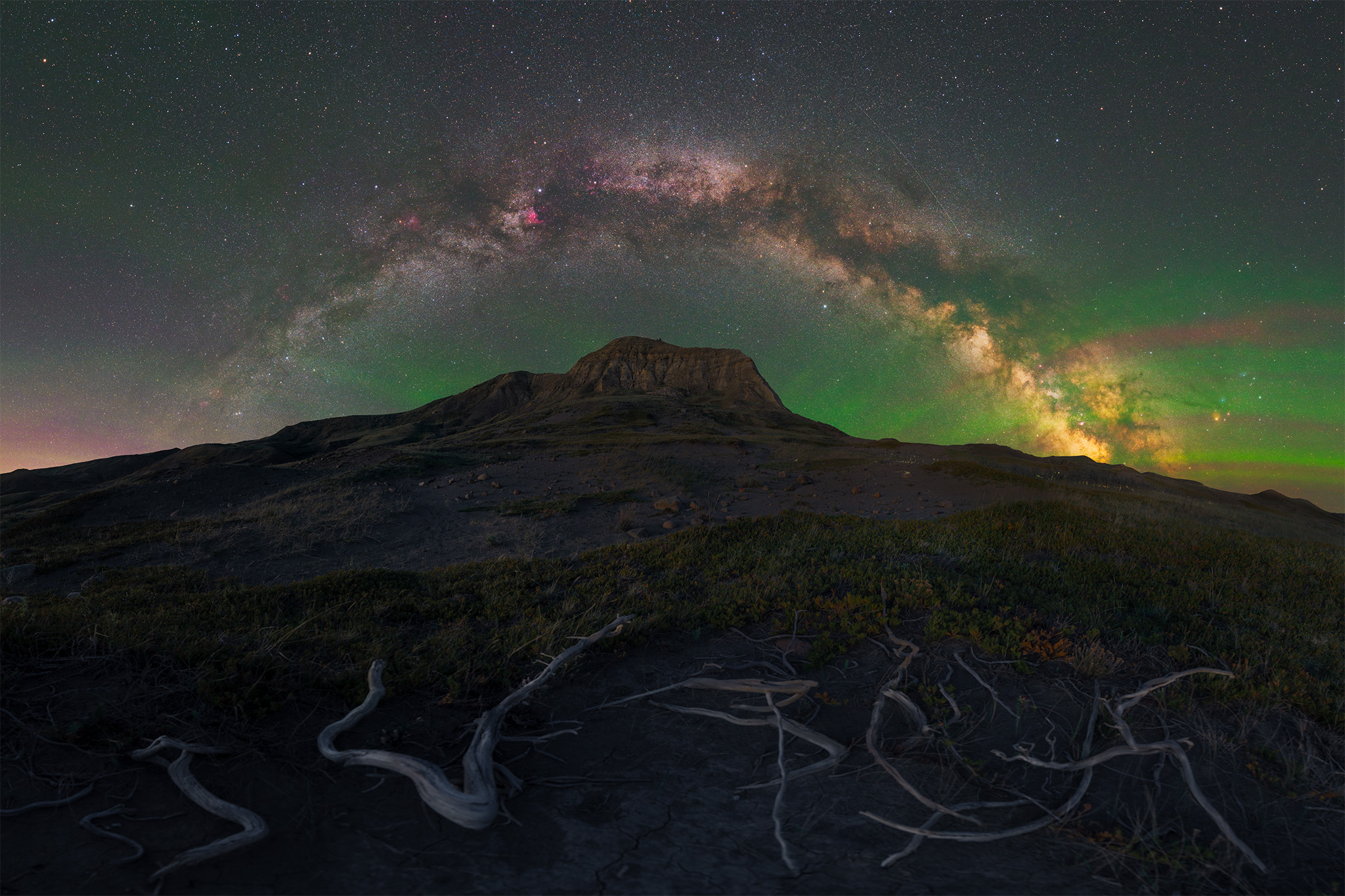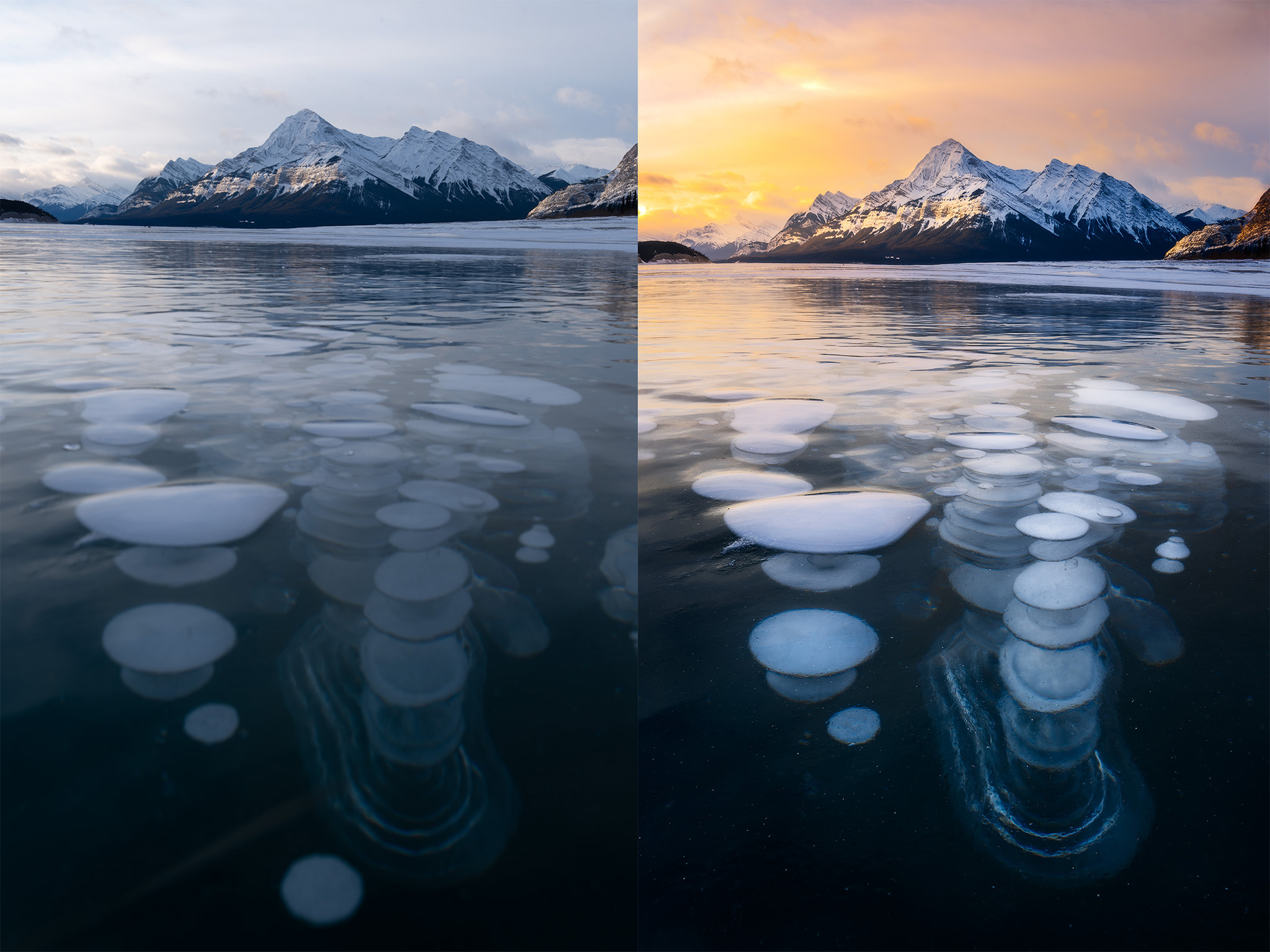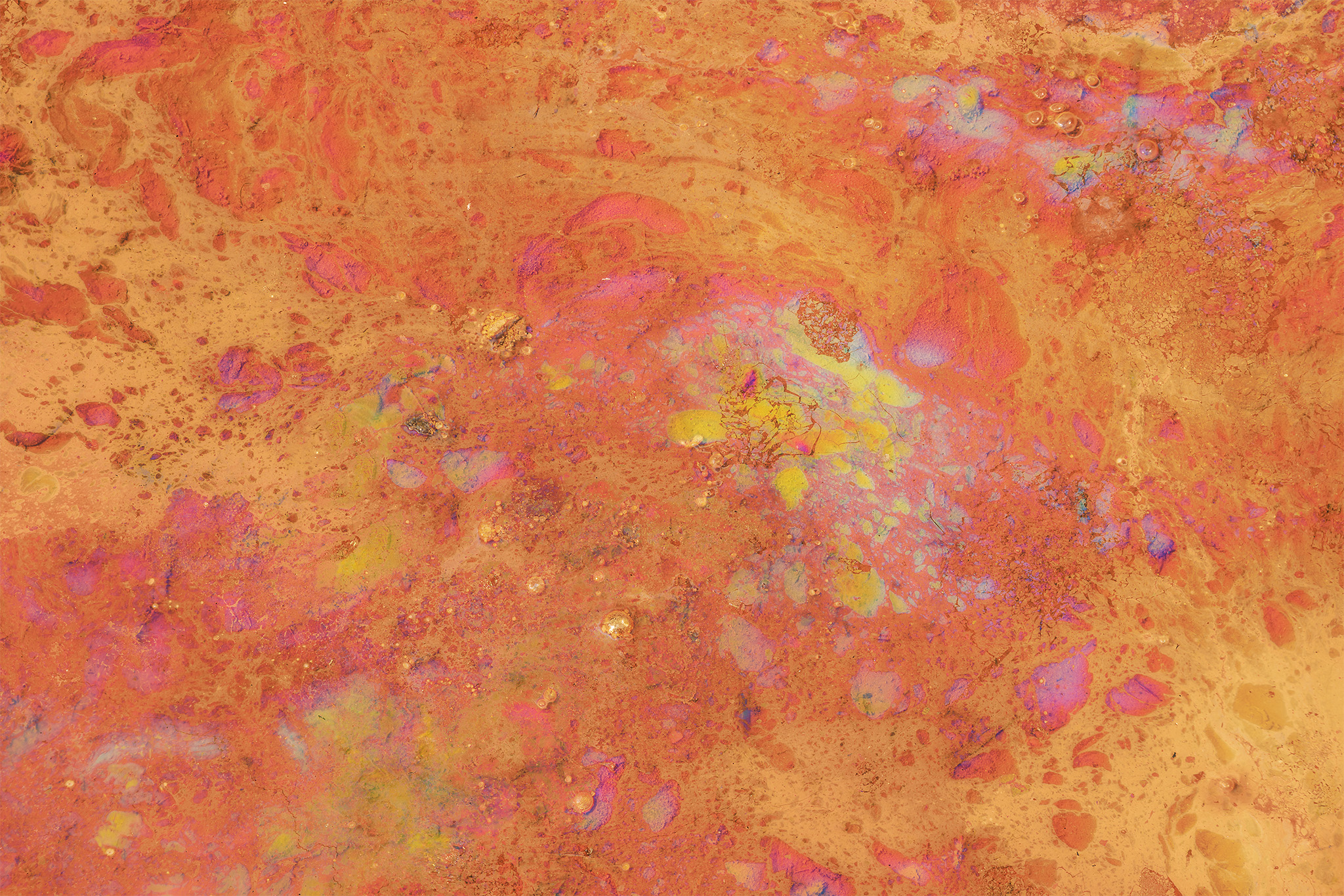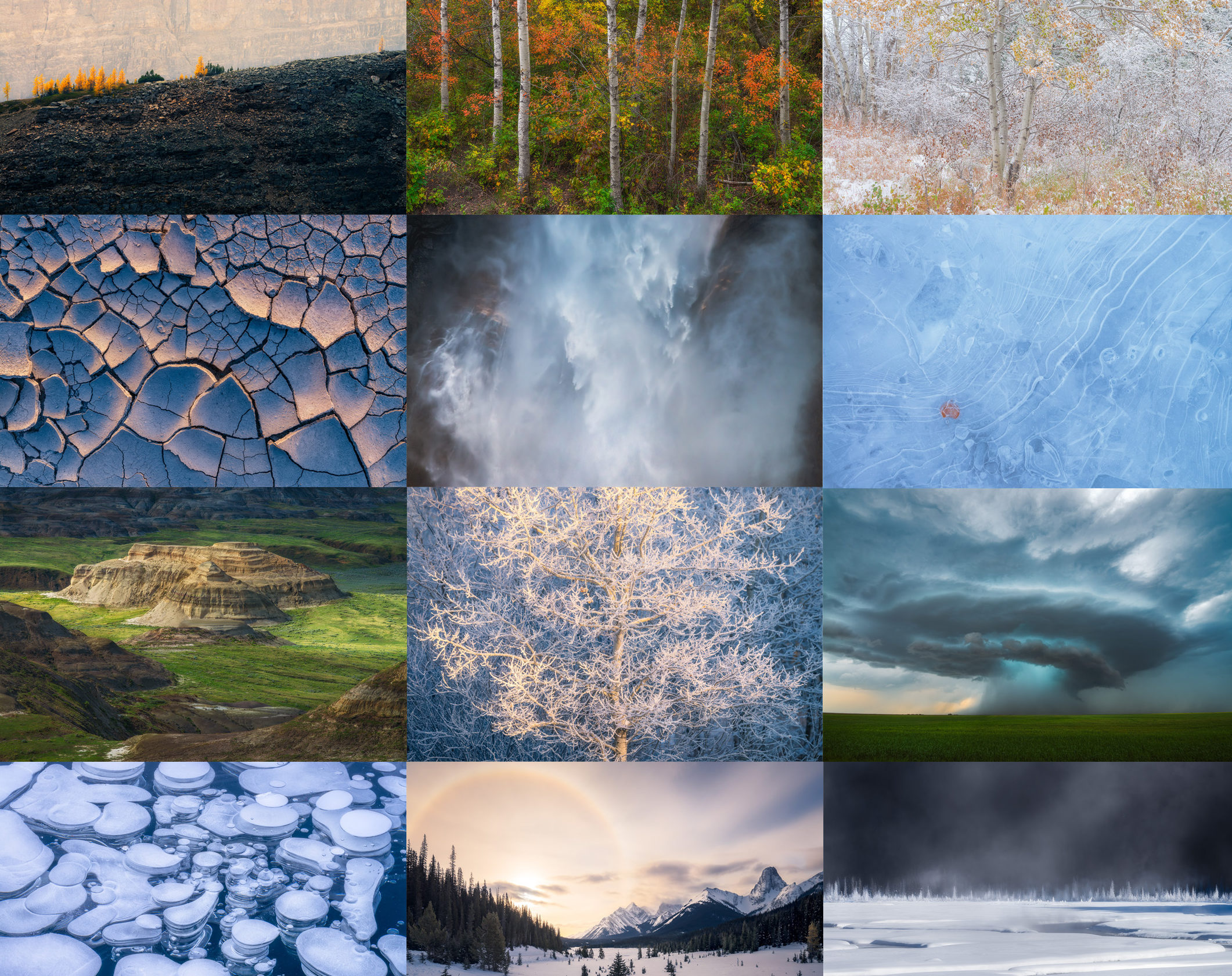Photography equipment
You’ll need a DSLR or Mirrorless camera that can function in Manual Mode (M), charged camera batteries and your charger, memory cards (multiple. Fast ones if you want to timelapse storms), remote shutter release or intervalometer, and a sturdy tripod.
Lenses
A wide-angle lens (11-35mm) with an aperture of at least f2.8 is recommended (the aperture is important for astrophotography). Bring along a telephoto lens (100mm+) for more intimate photos of the landscape and a mid-range as well (35-100mm). You can borrow lenses from your local camera store or www.lenslenders.ca if needed (please contact me for questions regarding your gear and what images you can expect to get with it). For reference, my bag consists of a 15-30mm f2.8, 50mm f1.4, 70-200mm f2.8, 100-400 f4.5-6.3.
Light
A headlamp that has a red light mode. Red light is a must for astrophotography. Other light ‘colour’ destroys night vision and will ruin the experience of other participants.
Proper Clothing and Wildlife Protection
July can be quite warm on the prairies with daytime highs ranging from +15C (59F) to +35C (95F). Also, temperatures at night cool off to an average of 10C (50F) so I recommend layers to stay warm at night. You’ll be arriving at the peak of mosquito season so bring repellent. Hiking in Grasslands National Park will require us to be wildlife aware. There are both wild bison and rattlesnakes in the park. Information about these can be found here. Please note, snake gaiters are available to borrow from the Parks Visitors Center for your added comfort.
Food and Drink
Restaurant meals and breakfasts at the hotel will be commonplace and are not included (if the hotel offers a continental breakfast, that would be included under the included accommodations). Mealtimes will revolve around our shooting schedule so don’t expect to maintain a “normal” eating schedule. Please bring snacks for the long nights or after a hike as we might be going for several hours without a proper meal. Bring a water bottle and whatever other drinks you may want, these will not be provided. Swift Current has a full-service grocery store.
Other Tech
You will need a laptop, with a charger, for our post-processing session. I teach post-processing strictly in Lightroom and Photoshop so it is important to have a copy of each (Photoshop with Camera Raw as an alternative) installed on your laptop before arriving. You can download a 7-day free trial of Photoshop here. LRTimelapse has a free timelapse program that I also recommend having on your computer should we get the chance to process a timelapse after a storm chase.
Transportation
On July 11th, Regina, Saskatchewan will be our home base. A rental car will not be required. You can fly into Regina International Airport (airfare not included) and arrange a taxi or Uber (fare not included) to the hotel for the evening. Please plan to arrive before 2:00 PM as we will have group orientation, eat dinner together, and, depending on the forecast, head out for a sunset shoot to a location within an hour of the city. The following day, we will travel together to the Swift Current hotel to begin the southwest leg of the workshop. I will provide transportation to and from our shoot locations and hotels during the workshop. Some people prefer to drive their own vehicle, if this is you, please let me know.
Plan to depart from Regina on July 16th. We will plan to spend the night in Regina on July 15th and debrief, complete our critique session, and work on post-processing in the morning on July 16th. I expect to be complete early in the afternoon but feel free to arrange your flights around what works best for you. If we end up storm-chasing far away from Regina on July 15th, we will stay in a hotel out of town and will drive the rest of the way back to Regina in the morning of July 16th where I will drop you off at the airport or another location in Regina where we will say “see you later!”

